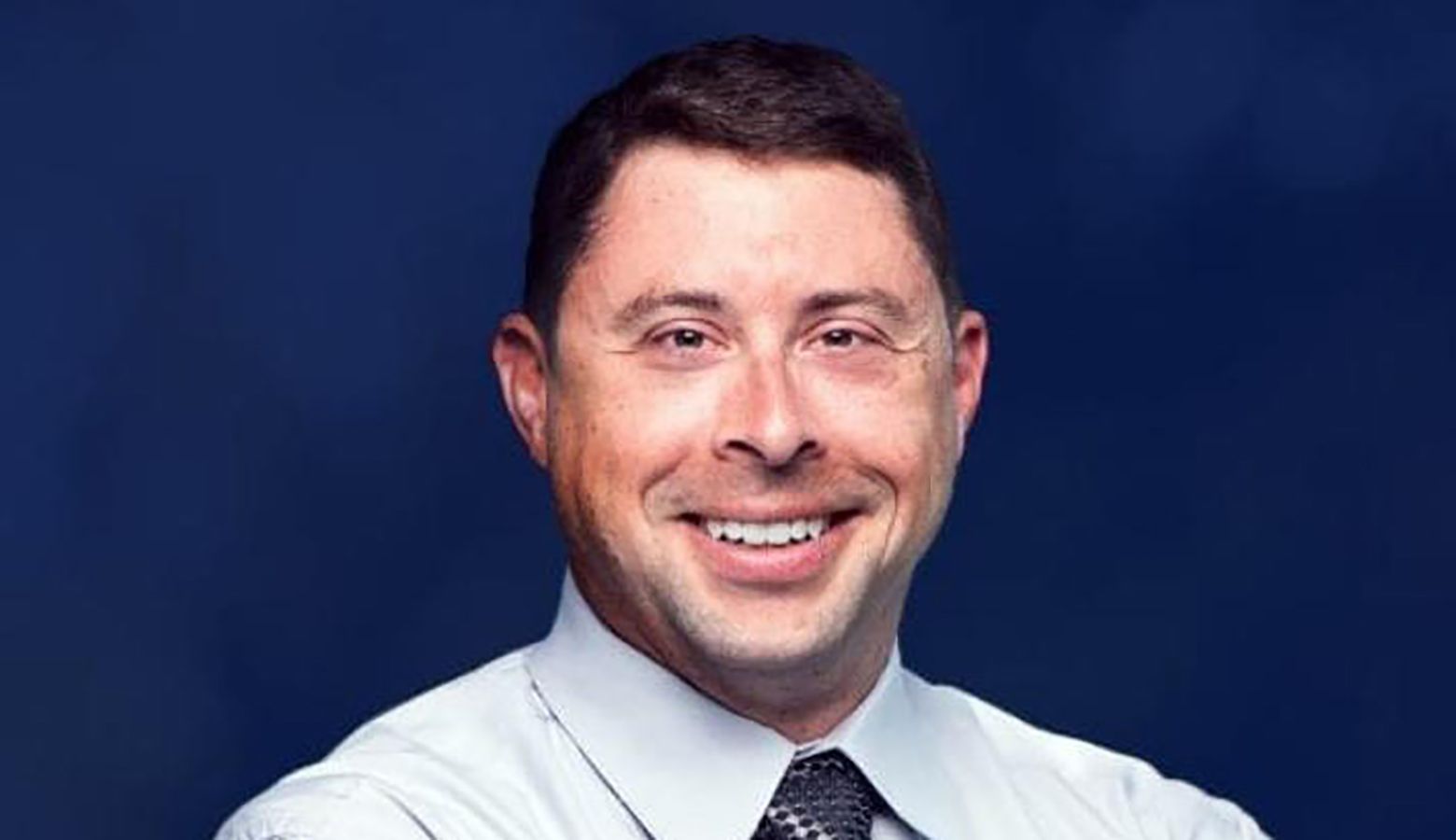On Monday, Democrats landed a top-shelf recruit, state Rep. Adam Hattersley, to take on scandal-tarred Republican Rep. Ross Spano in Florida's 15th Congressional District, located in the Tampa suburbs.
As a consequence of Hattersley's entrance, Democrat Andrew Learned, who'd run for this seat last year and had been seeking a rematch, dropped out of the race and offered Hattersley his "unequivocal support," noting that the two are fellow veterans (both served in the Navy, and Hattersley earned a Bronze Star in Iraq). Learned will instead reportedly announce a bid for Hattersley's seat in the state House, which, it turns out, used to be represented by none other than Ross Spano.
Hattersley won that district (the 59th) when Spano left it open to run for Congress last year by a 51.5 to 48.5 margin, narrowly outperforming both Hillary Clinton and Barack Obama, who, respectively, lost and won it by less than a point. It'll be difficult turf to defend as Democrats make a play for the state House next year, but the 15th District is considerably redder.
In fact, it went for Donald Trump by a 53-43 margin, and the closest statewide performance by Democrats in 2018 was a 53-47 loss by Nikki Fried, the lone Democrat to prevail in a race for state office last year. But Democrats nevertheless have reason for optimism.
For starters, almost all of the 59th House District is located within the 15th Congressional District. That gives Hattersley a base of support that's already familiar with him since he currently represents about 21% of the district he's now seeking.
The more important factor, though, is Spano himself. Late last year, before he was even sworn in as a member of Congress, Spano admitted he might have violated federal election law by taking personal loans worth $180,000 from two friends and then loaning his campaign $170,000. That's a serious problem, because if you loan money to a congressional candidate with the intent of helping their campaign, you have to adhere to the same laws that limit direction contributions, which in 2018 capped donations at just $2,700 per person.
